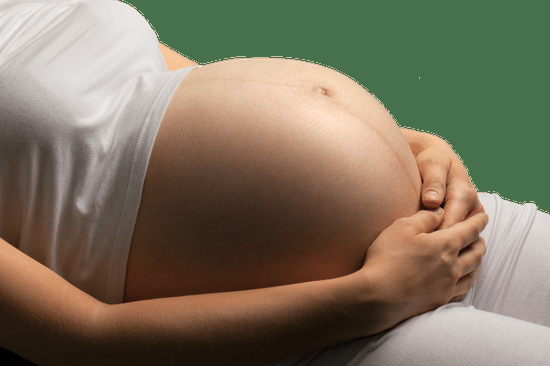What is Belly Button Pain in Pregnancy?
Belly button pain in pregnancy, sometimes referred to as navel or umbilical pain, is common and normal, especially during the second and third trimesters. The pain can range from slight discomfort to severe and radiating pain. Belly button pain is typically the result of stretching of the abdominal wall as your uterus grows to accommodate the baby and is considered a normal symptom of pregnancy.
Common Causes of Belly Button Pain During Pregnancy
- Uterine pressure
- Muscle stretching
- Umbilical cord stretching
- Hormonal changes
- Weight gain
Uterine Pressure
As the uterus expands to make room for the baby, it places pressure on the belly button, causing pain or discomfort. In the third trimester, the pressure can become especially intense as the uterus contracts in preparation for delivery.
Muscle Stretching
As the belly button area is stretched out, the muscles and ligaments in the area can become strained, resulting in pain. When your baby is pushing up against your abdominal wall, the pain can become more intense.
Umbilical Cord Stretching
As the baby grows in the uterus it can cause the umbilical cord to stretch and put pressure on the belly button, resulting in pain or discomfort. This is especially true in the third trimester when the baby is larger and the umbilical cord is stretched more tautly.
Hormonal Changes
Hormonal changes are a natural part of pregnancy and can cause the abdominal muscles around the belly button to become more sensitive. This can result in pain when the area is stretched or put under pressure.
Weight Gain
Pregnancy can cause your weight to increase rapidly. As your body adjusts to the extra weight, the abdominal muscles can become strained, resulting in belly button pain.
Treating Belly Button Pain During Pregnancy
Treating belly button pain during pregnancy can be as simple as applying gentle pressure or massaging the area with a warm compress. Other treatments that may help include:
- Staying active: Exercising regularly can help keep the abdominal muscles strong and support the weight gain during pregnancy.
- Wearing supportive clothing: Wearing comfortable and supportive clothes can help relieve some of the pressure on the abdomen and provide relief from belly button pain.
- Resting: Resting when possible and avoiding sudden or excessive movement can help reduce abdominal pain.
- Heat therapy: Applying a warm compress or heating pad to the abdominal area can help reduce pain and inflammation.
In addition to these treatments, it is important to drink plenty of water, eat a healthy and balanced diet and get plenty of rest throughout your pregnancy to help keep your body healthy and strong. If the pain persists, it is recommended that you speak with your healthcare provider as they may have other treatments or recommendations that can help.
Conclusion
Belly Button pain during pregnancy is a common symptom and not typically cause for concern. While it can be uncomfortable and irritating, there are a number of treatments and natural remedies that can help provide relief. If the pain persists or is accompanied by other symptoms it is important to speak with your healthcare provider.

Welcome to my fertility blog. This is a space where I will be sharing my experiences as I navigate through the world of fertility treatments, as well as provide information and resources about fertility and pregnancy.





